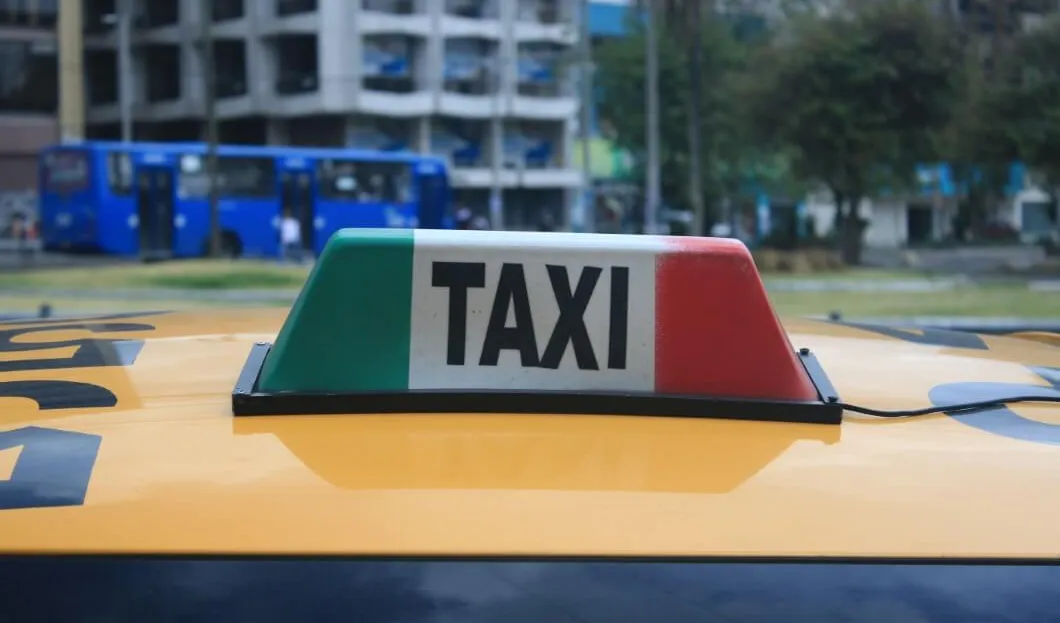
During the summer season, Rome, the capital of Italy, experiences significant issues with the number of taxis. Finding a taxi in the evenings, especially on rainy evenings, is highly challenging.
The problem of a taxi shortage isn't just affecting tourists. Even locals who try to book a taxi by phone often end up waiting on hold for up to half an hour before giving up. The apps of several taxi services, which are supposed to connect you with a vehicle, frequently respond with a simple "no car available."
According to research by the market supervisory authority, thousands of potential customers in Rome cannot order a taxi each month. Between 40 and 50 percent of calls go unanswered, leaving people frustrated. This is compounded by an inefficient public transport system, which only sometimes provides a viable alternative for reaching specific locations within the city.
In other countries, there are significantly more taxis on the road. Taxi drivers in Italy, particularly in major cities like Rome, have strongly opposed liberalization measures. They have hindered Uber's entry into the market and increased the number of taxi licenses nationwide.
In many major cities in Italy, including Rome, Naples, Florence, and Bologna, there is a pressing need to increase the number of taxis considering the growing number of tourists. According to a report to Parliament, there are approximately 23,000 taxi permits in the 110 largest cities in Italy, which is about the same number as 20 years ago. This stagnation in the number of taxis is exacerbating the problem.
For instance, with its three million residents, Rome only has 7,600 taxi permits. The Spanish capital, Madrid, has 3.3 million residents and twice as many taxi permits.
In the summer of 2022, Mario Draghi, the prime minister, sought to increase competition but abandoned the plan after taxi drivers staged protests that blocked Rome for several days. In response to the proposed reforms, these protests significantly disrupted the city's transportation system and led to a public outcry.
The current government, led by Giorgia Meloni, has recently made efforts to reform the taxi licensing system and promote competition. However, these attempts have been met with strong resistance from taxi drivers, who refuse to accept any proposed changes. This resistance has significantly hindered the reform process.
According to the taxi lobby, Rome's issues are not due to insufficient taxis but problems with the public transport network. They argue that improving bus and subway services would render the existing number of taxis adequate. They also highlight their challenges, such as competition from ride-sharing services and the high cost of operating a taxi in Rome.













